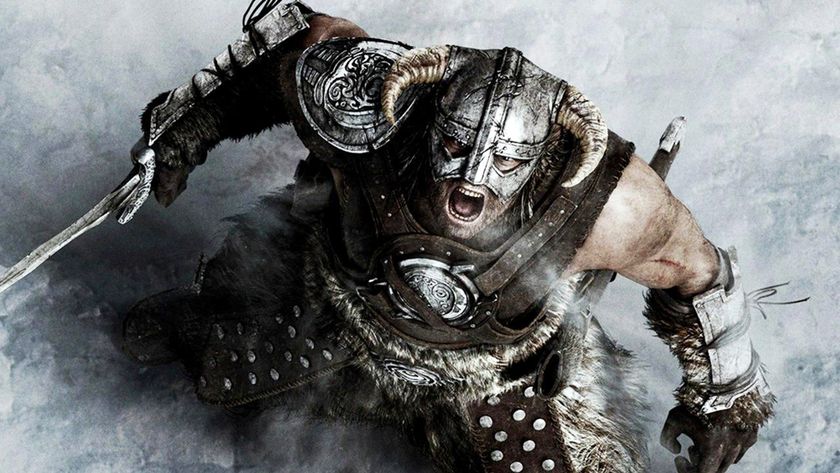Palmer Luckey: Platform exclusives aren't bad for VR
The Oculus VR co-founder sees things differently than Gabe Newell.

Last week, Valve's President For Life Gabe Newell shared his thoughts on platform-exclusive virtual reality, and in short, he doesn't think it's a good idea. More recently, Oculus VR co-founder Palmer Luckey held forth on the same topic, and it will likely come as no surprise that he does.
It's not surprising because it was Oculus' offer of “a shitton of money” to Croteam to make the upcoming Serious Sam VR: The Last Hope a timed Rift exclusive that kicked off the conversation in the first place. And much of what Luckey said during an interview with TechCrunch echoes what his company said last week: that it offers developers funding in exchange for a period of Oculus exclusivity, and that it does not expect them to stop developing for other platforms.
“The Oculus Studio stuff is going to remain exclusive to the Oculus store and platform. That’s not to say that you’ll never be able to play it on other hardware, but it very much is exclusive to the Oculus platform,” he said. “When you’re looking at some of these other things, where sometimes you have devs come to us and say, ‘Hey, we need help finishing our game,’ or, ‘We want to make this game bigger and better,’ we ask if those guys launched on Oculus first if we’re going to help them fund that. We don’t ask them to stop developing for other platforms. We don’t tell them they can’t launch on other platforms. In those cases, they are going to be coming out on other platforms aside from Oculus in the future.”
Luckey said the approach is similar to how Sony handles the PlayStation and that the VR industry will move forward in the same way, although he acknowledged that it won't be entirely smooth sailing for everyone. “The short-term pain that some people feel, and I totally understand, is, 'I want to play this game and I’m not able to right now',” he said. “The reality is, I can see where that’s painful for some people, but that doesn’t mean that it’s bad for the VR industry, or that it’s fragmenting it, or in the long run, it’s not the right way for the ecosystem to work.”
It's a fair point: Console exclusives have been a fact of life for years and, aside from an occasional bit of unhappy grumbling now and then, nobody bats an eye. But the Rift is as much a peripheral as it is a platform, and that makes me think that a more apt comparison might be the 3D accelerator cards of old—and we all know how that worked out. Either way, it's far too early in the evolution of a technology that's far too new to make any meaningful predictions. But it is interesting to see two guys who really know their stuff coming at it from such different directions.
The biggest gaming news, reviews and hardware deals
Keep up to date with the most important stories and the best deals, as picked by the PC Gamer team.

Andy has been gaming on PCs from the very beginning, starting as a youngster with text adventures and primitive action games on a cassette-based TRS80. From there he graduated to the glory days of Sierra Online adventures and Microprose sims, ran a local BBS, learned how to build PCs, and developed a longstanding love of RPGs, immersive sims, and shooters. He began writing videogame news in 2007 for The Escapist and somehow managed to avoid getting fired until 2014, when he joined the storied ranks of PC Gamer. He covers all aspects of the industry, from new game announcements and patch notes to legal disputes, Twitch beefs, esports, and Henry Cavill. Lots of Henry Cavill.
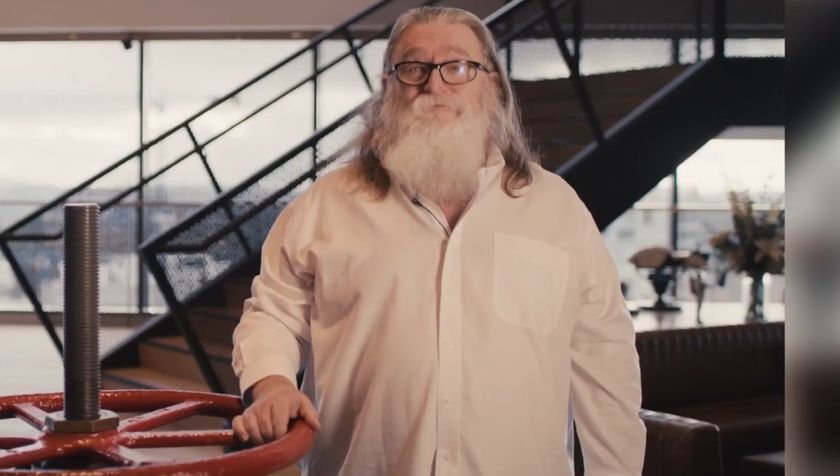
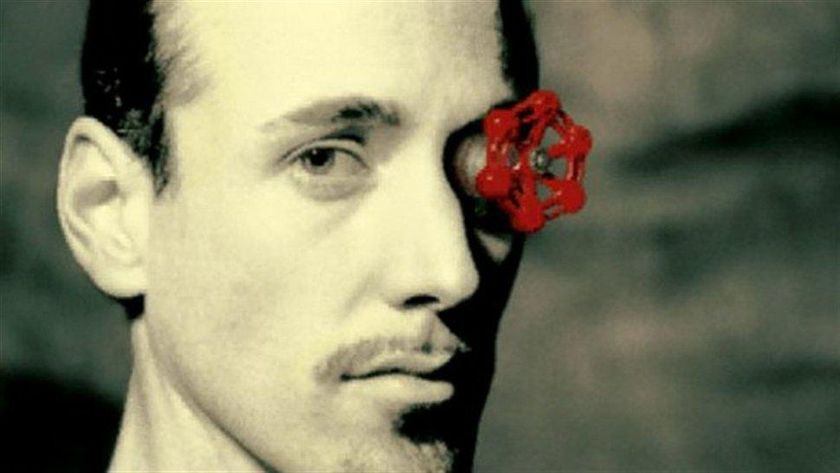

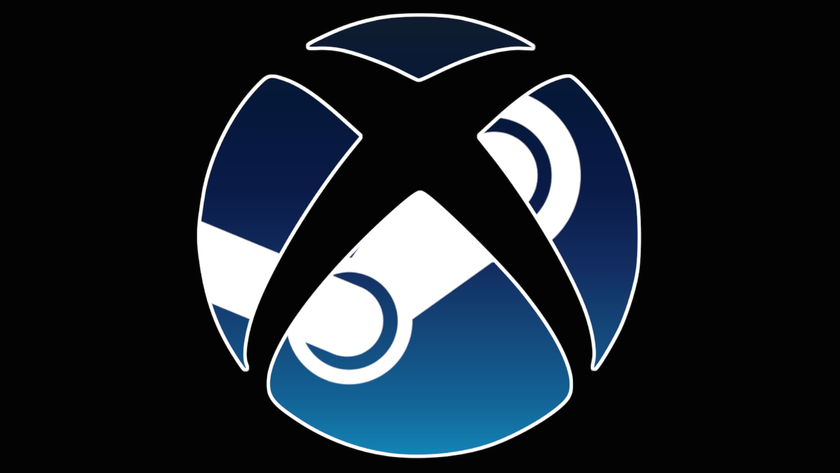


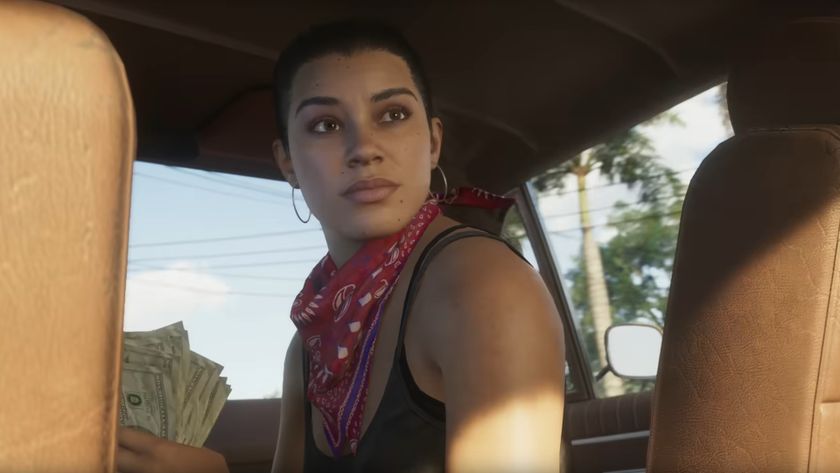
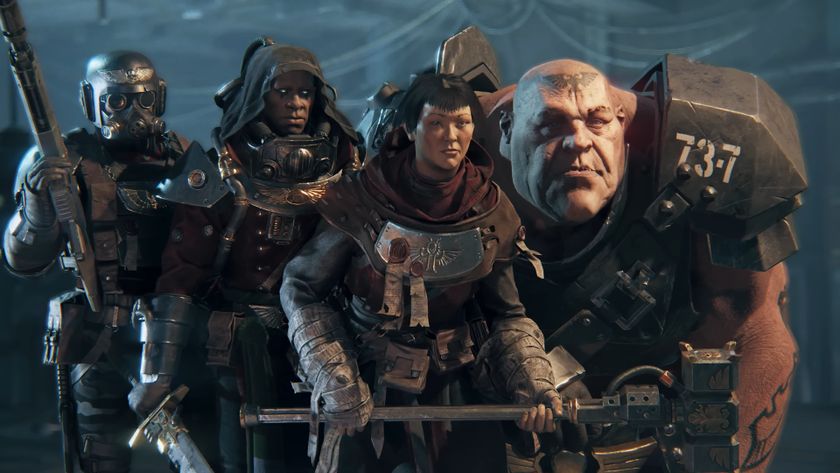
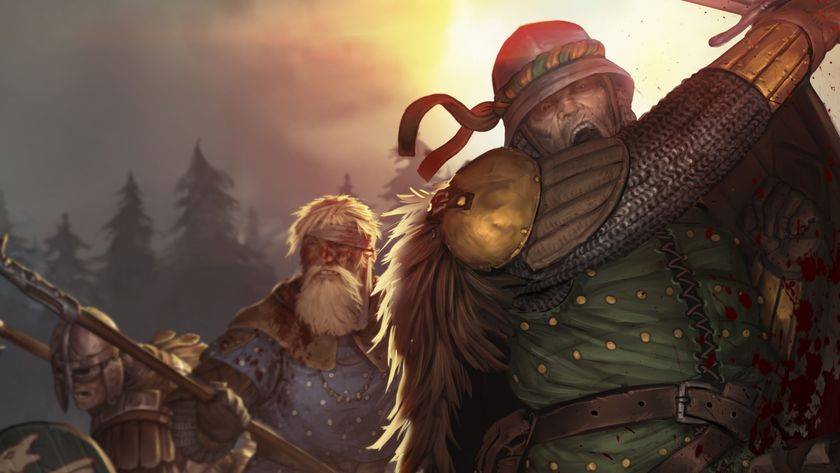

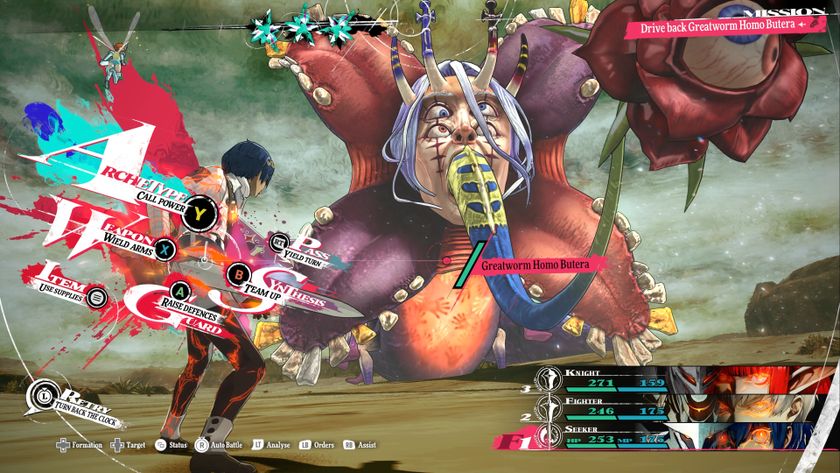
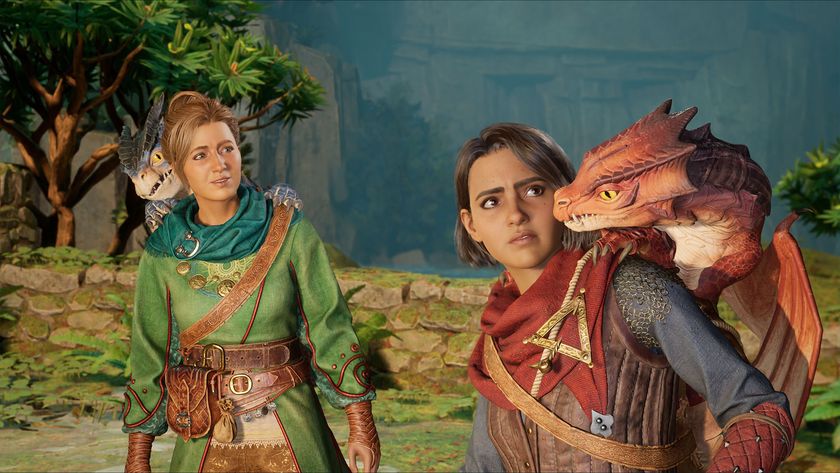

Gabe Newell is hooked on Stalker 2 and once he's got the fourth ending (!) will 'figure out what I'm going to play next'

Valve's DRM was inspired by an exec's nephew, who 'used a $500 check I'd sent him for school expenses and bought himself a CD-ROM replicator… he sent me a lovely thank you note'



